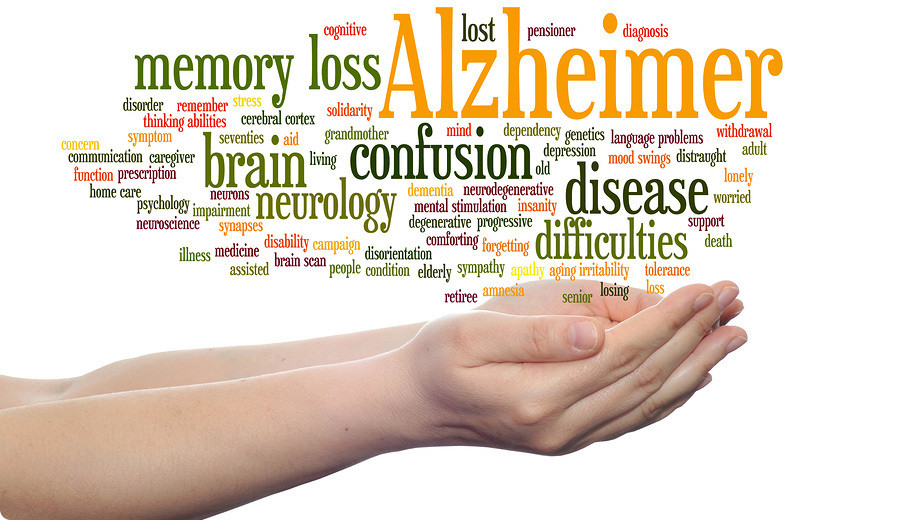OBM Geriatrics is an international peer-reviewed Open Access journal published quarterly online by LIDSEN Publishing Inc. The journal takes the premise that innovative approaches – including gene therapy, cell therapy, and epigenetic modulation – will result in clinical interventions that alter the fundamental pathology and the clinical course of age-related human diseases. We will give strong preference to papers that emphasize an alteration (or a potential alteration) in the fundamental disease course of Alzheimer’s disease, vascular aging diseases, osteoarthritis, osteoporosis, skin aging, immune senescence, and other age-related diseases.
Geriatric medicine is now entering a unique point in history, where the focus will no longer be on palliative, ameliorative, or social aspects of care for age-related disease, but will be capable of stopping, preventing, and reversing major disease constellations that have heretofore been entirely resistant to interventions based on “small molecular” pharmacological approaches. With the changing emphasis from genetic to epigenetic understandings of pathology (including telomere biology), with the use of gene delivery systems (including viral delivery systems), and with the use of cell-based therapies (including stem cell therapies), a fatalistic view of age-related disease is no longer a reasonable clinical default nor an appropriate clinical research paradigm.
Precedence will be given to papers describing fundamental interventions, including interventions that affect cell senescence, patterns of gene expression, telomere biology, stem cell biology, and other innovative, 21st century interventions, especially if the focus is on clinical applications, ongoing clinical trials, or animal trials preparatory to phase 1 human clinical trials.
Papers must be clear and concise, but detailed data is strongly encouraged. The journal publishes a variety of article types (Original Research, Review, Communication, Opinion, Comment, Conference Report, Technical Note, Book Review, etc.). There is no restriction on the length of the papers and we encourage scientists to publish their results in as much detail as possible.


